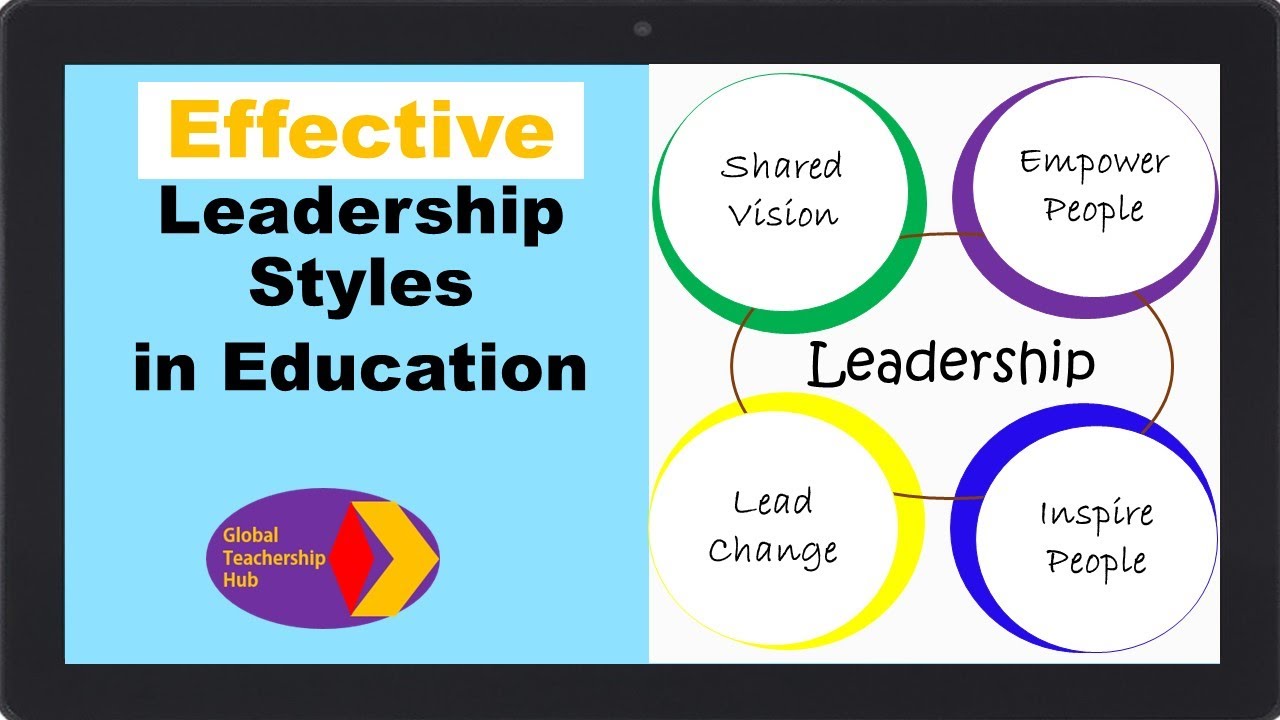Remote learning has gone from being an alternative option to a mainstream solution across the US and the world. And in rural communities, where distance and access have always been a challenge, the rise of online education has been nothing short of transformative.
Families who once struggled with limited resources, long commutes, and few academic opportunities now find themselves with flexible choices for their children’s education. Thanks to online schools, they can now easily meet their needs.
The expansion of remote learning is definitely reshaping what’s possible for rural students. Let’s unpack the reasons behind it.
Helps Overcome Distance Barriers
One of the biggest challenges for rural students is geography. In small towns, the nearest school could be miles away, requiring long commutes that eat into students’ study and personal time. For some families, this daily commute is simply exhausting.
Online schooling platforms, such as the Virtual Prep Academy, eliminate that obstacle by bringing the classroom to the home. Instead of spending hours traveling, students can log in from anywhere with a stable internet connection.
That time saved can now be invested in studying or resting.
Provides Access to Quality Education
Rural schools often have fewer resources compared to urban districts. Limited budgets mean fewer specialized teachers, fewer advanced placement courses, and sometimes outdated materials. These limits can leave rural students at a disadvantage.
Remote learning helps close that gap. An online school in Wyoming, for example, can offer a broader curriculum that includes advanced courses, more electives, and more resources for learning.
Offers Flexibility to Families and Students
In many rural communities, students have to balance school with other responsibilities, like helping with family farms or high school students working part-time jobs. Traditional schedules don’t always accommodate these routines.
Remote learning offers much-needed flexibility mixed with the right amount of structure. Students can complete coursework at times that fit their daily lives, making it easier to balance school with other obligations.
Improves Learning Experience
In a rural setting, students may not always have access to teachers in every subject, especially advanced ones like physics or calculus. Online education helps remove this barrier by connecting students to certified teachers across the state.
Many online schools also offer one-on-one tutoring sessions, virtual office hours, and access to counselors. Parents appreciate having academic advisors and student support services that might otherwise be unavailable in their local schools.
Supports Students with Special Needs
Families of students with special needs in rural areas often face difficulties with finding appropriate resources. Therapists, specialized educators, or programs made specifically for learning differences aren’t very common.
Remote learning, however, has made it easier for parents to find customized or personalized support for their children. Many online schools offer Individualized Education Programs (IEPs), specialized teachers, and support that are all delivered virtually.
For families who once had to drive long distances for these services, this expansion is life-changing. Some students also struggle with learning in a different environment outside of their homes, and remote learning helps address this issue as well.







